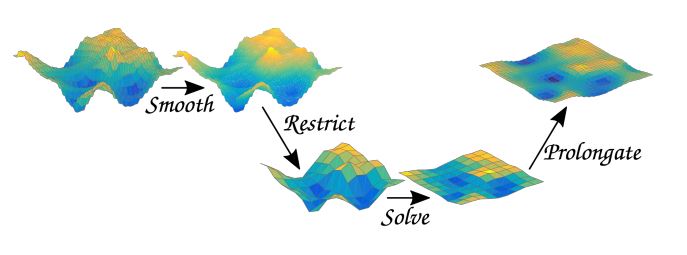CaSToRC is the Cyprus national representative in PRACE and has been a member of PRACE since October 2008 and since 2010 has participated in all PRACE-1 to PRACE-6 Implementation Projects (IP).
In the on-going PRACE-6IP project, CaSToRC:
- Is co-leader of “Work Package 2: Sustainability and Development of Research Infrastructure (RI)”
- Is co-leader of “Work Package 3: Communication, Dissemination, Outreach and Events”.
- The Cyprus Institute’s High Performance Computing Facility participates in “Work Package 6: Operational Services for the HPC Ecosystem”, supporting European users through user support and availability of services.
- Is engaged in “Work Package : Applications Enabling and Support”, in Application Benchmarking activities and supporting users towards improving the performance and scaling of applications for them to be able to run on Tier-0 system.
- Has been awarded a PRACE SHAPE+ project to support an SME (Offshore Monitoring Ltd) to develop their code and use HPC in their work processes.
- Coordinates one of the projects of PRACE-6IP Work Package 8: Forward-looking Software Solution.
- Project Title: Linear Algebra, Krylov-subspace methods, and multigrain solvers for the discovery of New Physics (LyNcs)
- Abstract
Sparse linear systems arise naturally in a diverse range of applications in science and engineering. Partial differential equations involving local operators arise in numerous physical systems described by e.g. quantum mechanics and electrodynamics. Discretely representing local operators as sparse matrices allows for iterative methods for their solution. This sparsity is well suited for distributed computing architectures, via domain decomposition of the problem space, which is why such sparse solvers have traditionally served as prototype High Performance Computing (HPC) applications, exhibiting good scaling properties on the world’s largest supercomputers. However, on modern and upcoming architectures, especially at Exascale, the efficient solution of such problems will require disruptive approaches to parallelism, beyond simply domain decomposing the problem space
Our project, Linear Algebra, Krylov methods, and multi-grid API and library support for the discovery of New Physics (LyNcs), will address this challenge, pooling together software development efforts across Europe to provide communities with the next generation of parallel libraries for solving sparse linear systems at the Exascale. LyNcs is led by the Computation-based Science and Technology Research Centre (CaSToRC) of The Cyprus Institute which will join forces with partners from the French Institute for Research in Computer Science and Automation (Inria) and the Leibniz Supercomputing Center (LRZ). Within LyNcs, we will implement cutting-edge sparse linear solver algorithms, develop and prototype new Krylov and block Krylov solvers, and optimize existing parallel codes that implement a range of preconditioners for these solvers, such as multi-grid. The improvements proposed span all levels of the scientific application software stack, from the basic Sparse BLAS library to fully-fledged simulation codes. In particular, we target the Fast Accurate Block Linear krylOv Solver (Fabulous) and its dependencies Starpu, Chameleon, Maphys, and Pastix, which we will enable for lattice Quantum Chromodynamics (QCD), for Computational Chemistry, and Computational Electromagnetics. Lattice QCD community solver libraries QUDA and DDalphaAMG will be further developed to enable optimized Krylov and block Krylov solvers and new preconditioners. At the lowest level, we will further develop the efficient sparse matrix support software librsb, its APIs and adapter libraries, pursuing a tighter integration with the aforementioned packages.
This library development and optimization activity will be accompanied by a coherent effort in designing, implementing, documenting, and maintaining an Application Programmer Interface (API), enabling various scientific user communities to build full-fledged scientific applications on top of these libraries. In particular, within LyNcs, we will directly support communities by linking to major application codes running on PRACE Tier-0 systems, including tmLQCD and openQCD for lattice QCD, HORSE for Computational Electromagnetics, and A-VCI for Computational Chemistry.
- LyNcs Progress Presentation (August 2020)
- Updated LyNcs Progress Presentation (September 2020)
- LyNcs: Towards exascale enabled linear solvers (October 2020)

 |
PRACE Calls for Computational Access |
|
Project Access is the access to PRACE Tier-0 world class high performance computing (HPC) resources for projects, which use codes that have been previously tested and have demonstrated high scalability and optimisation. |
The objective of PRACE Preparatory Access is to allow PRACE users to optimise, scale and test codes on PRACE Tier-0 systems before applying to PRACE calls for Project Access. Production runs are not allowed as part of PRACE Preparatory Access. |
The PRACE Distributed European Computing Initiative (DECI) programme provides access to Tier-1 level resources across Europe via a series of competitive calls. |

